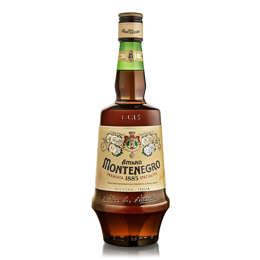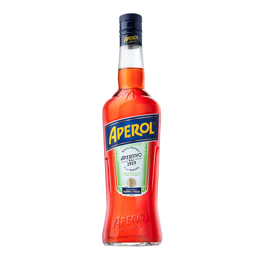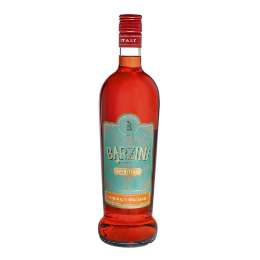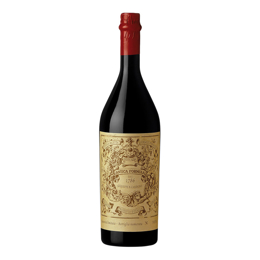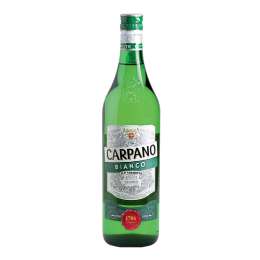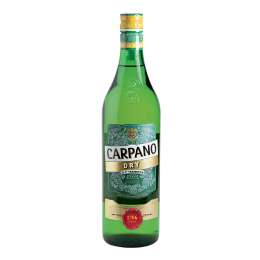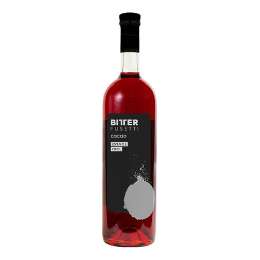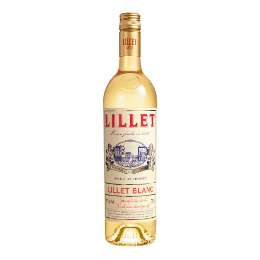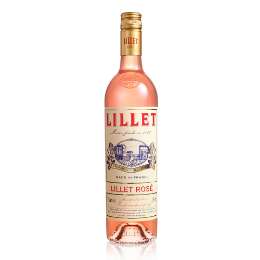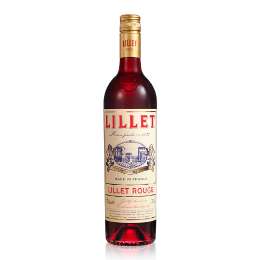Vermouth - Aperitif
Do you prefer Italian, French or Greek vermouth/aperitif? Whatever you're looking for, find it here! Choose between our unique labels.
Amaro Montenegro 700ml
Aperol Aperitivo 1Lt
Barzini Aperitivo 1Lt
Campari Bitter 700ml
Carpano Bianco Vermouth 1Lt
Carpano Classico Vermouth 1Lt
Carpano Dry Vermouth 1Lt
Fusetti Bitter Cacao 700ml
Lillet Blanc Aperitif 750ml
Lillet Rose Aperitif 750ml
Lillet Rouge Aperitif 750ml
Luxardo Aperitivo 1Lt
Luxardo Bitter Bianco 700ml
Luxardo Bitter Rosso 700ml
Martini Ambrato 750ml
Martini Bianco 1Lt
- 1
- 2
Frequently Asked Questions
01 What is vermouth and how is it made?
Vermouth is a type of fortified wine. Worldwide, there are many more types of fortified wine. Vermouth belongs to the three most famous and is probably the owner of the gold medal. Silver and copper medals belong to port and sherry. It is made by adding alcohol of agricultural origin or neutral brandy of high alcoholic strength to a neutral white wine (the so-called base wine). What is certain is that the final result must be flavored with plant-derived parts and contain alcohol close to 15% or 20%. The way in which fragrances are acquired depends on the country of origin, the technique applied by the manufacturer or the availability of materials. It certainly plays a key role in the final result.
02 What are the differences between dry, sweet and white vermouth?
"But dryness and sweetness are parameters of a criterion other than color" someone will reasonably claim. Don't rush. Things are simpler than they seem. First of all, every dry vermouth is white, but every white vermouth is not necessarily dry. From this sentence it becomes clear that red (or rosé) dry vermouth does not exist. So, red (or rosé) vermouth is standard sweet, because it is usually enriched with caramelized products and cinnamon. But white vermouth comes in two types: The sweet one is similarly sweet to the red one, due to the presence of sugars, which come from the grape, i.e. the "original" raw material. The dry has very low sugar content, so it is not particularly sweet. After all, when we say dry we definitely mean white. When we say sweet, we most likely mean red. And when we say white, we most likely mean sweet white. We could delve even more into the subject, but let's not turn it into a thesis...
03 Which are the most famous cocktails using vermouth?
The Negroni, with gin, campari and sweet vermouth (meaning red, as we mentioned in a previous faq), in a ratio of 1:1:1. The Martini, with gin and dry vermouth, in a ratio of 3:1. The Bronx, with two parts gin, one part lemon juice, half part sweet vermouth and half part dry vermouth. The Manhattan, with whiskey and sweet vermouth, in a ratio of 2:1, adding about 20 drops of bitters. The Americano, with campari and sweet vermouth, in a 1:1 ratio and the addition of soda.
04 What's the difference between Italian and French vermouth?
Italian vermouths are almost always sweet. Comparing them with their French counterparts (which are either sweet or dry), the differences are quite a lot. We will focus on the two most important: Italian vermouths are darker in color than French ones. The reason behind this difference is the ingredients used in flavoring. Also, Italian vermouths owe their sweetness to the addition of sugar, while French ones owe it to the residual sugars (that is, the sugars that have not fermented) of the base wine.
05 What is the temperature vermouth is best served at as an aperitif?
The ideal serving temperature of vermouth is considered to be 12 degrees Celsius. So, it does not differ from the ideal average serving temperature of white wine. Simply, pour some vermouth into the glass and add some ice cubes.

